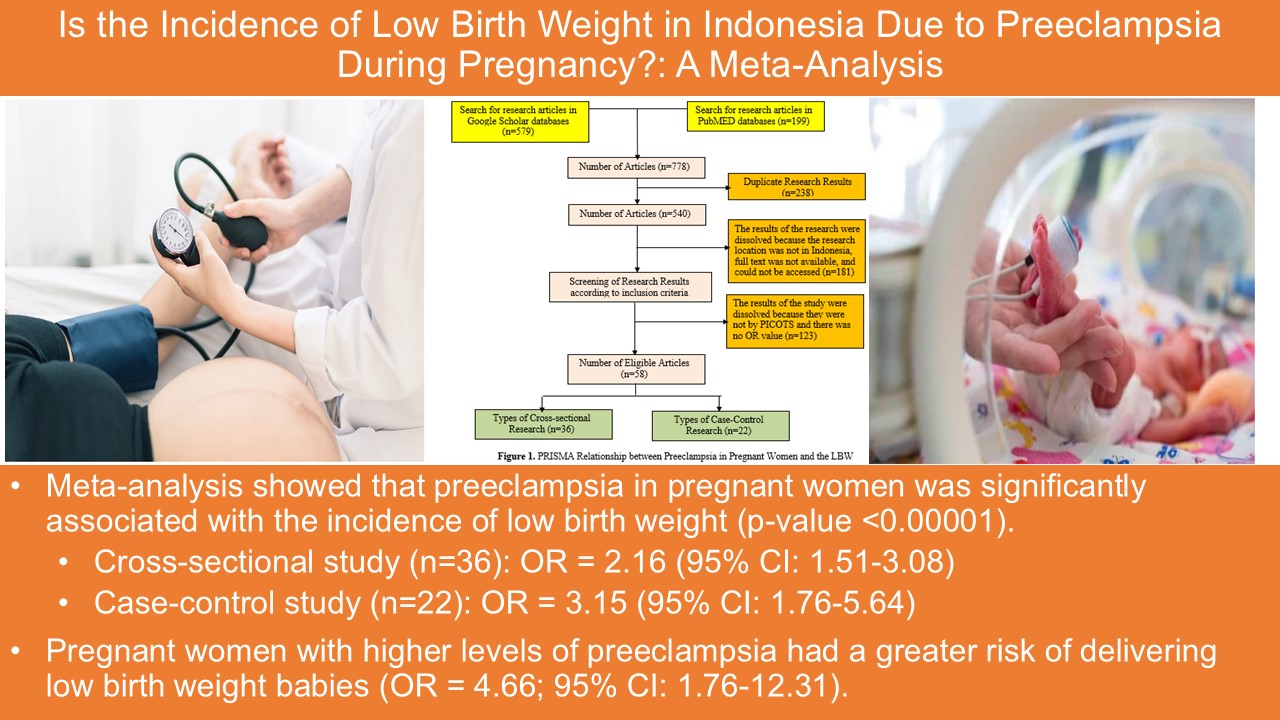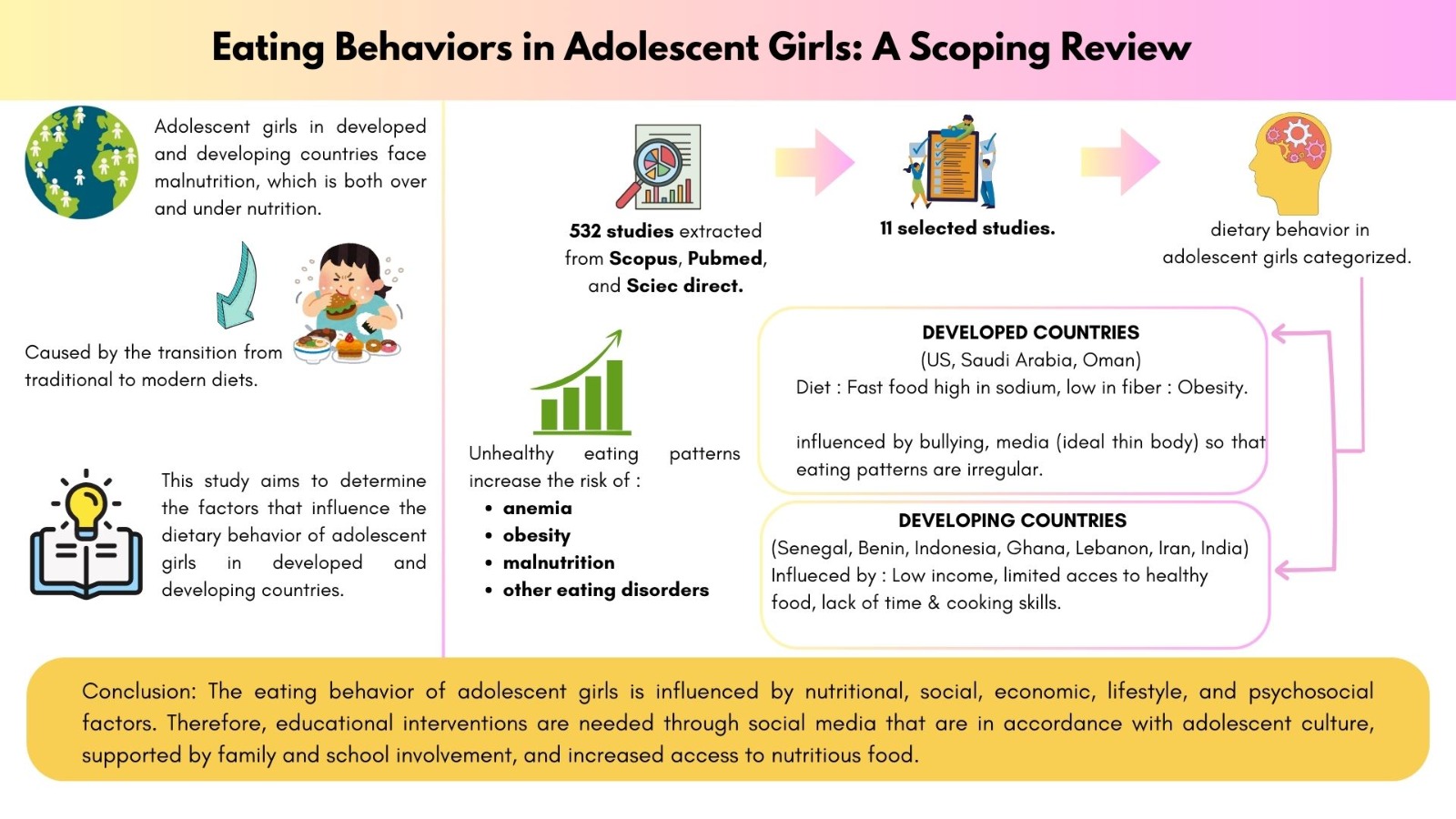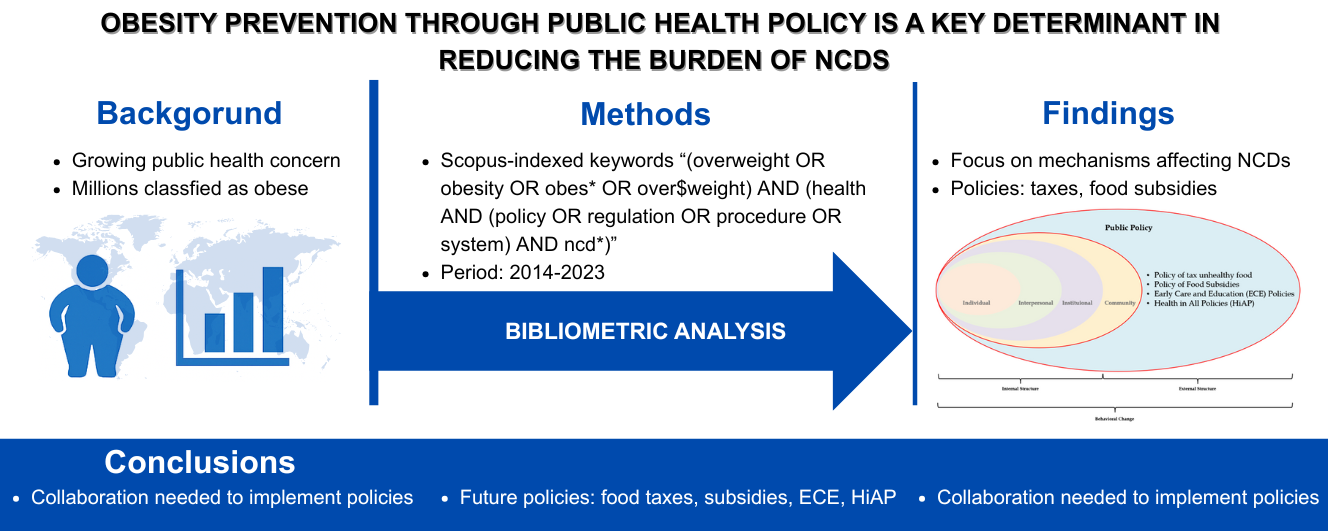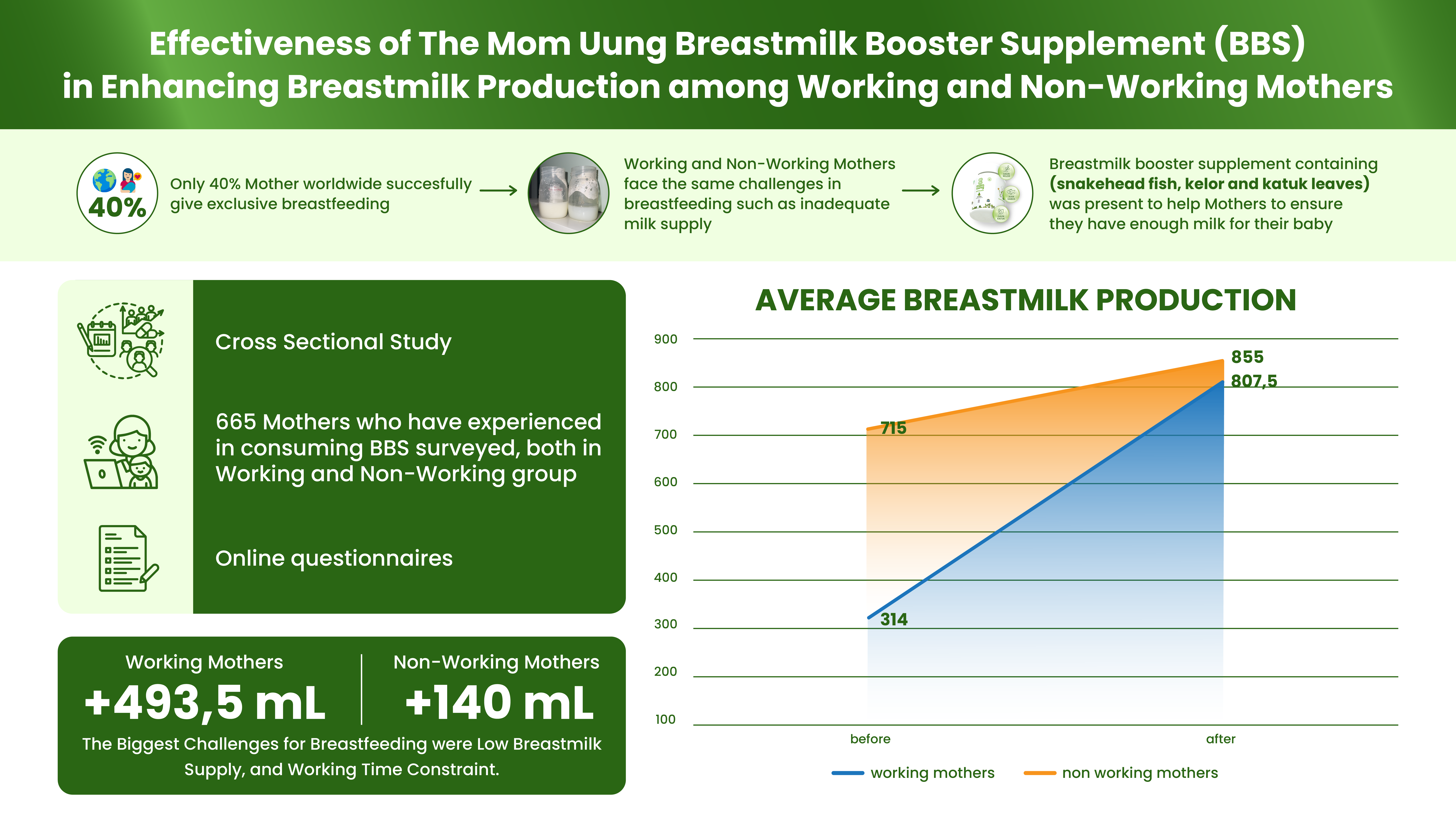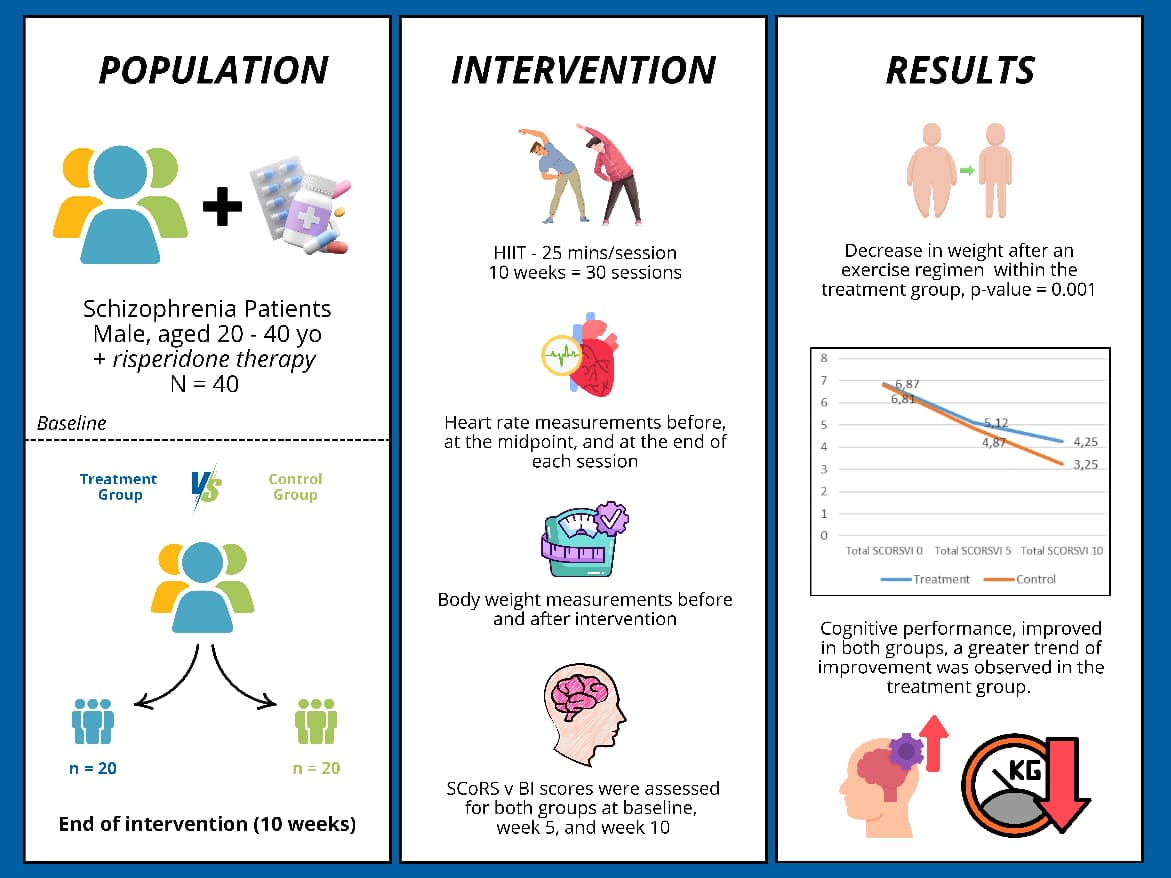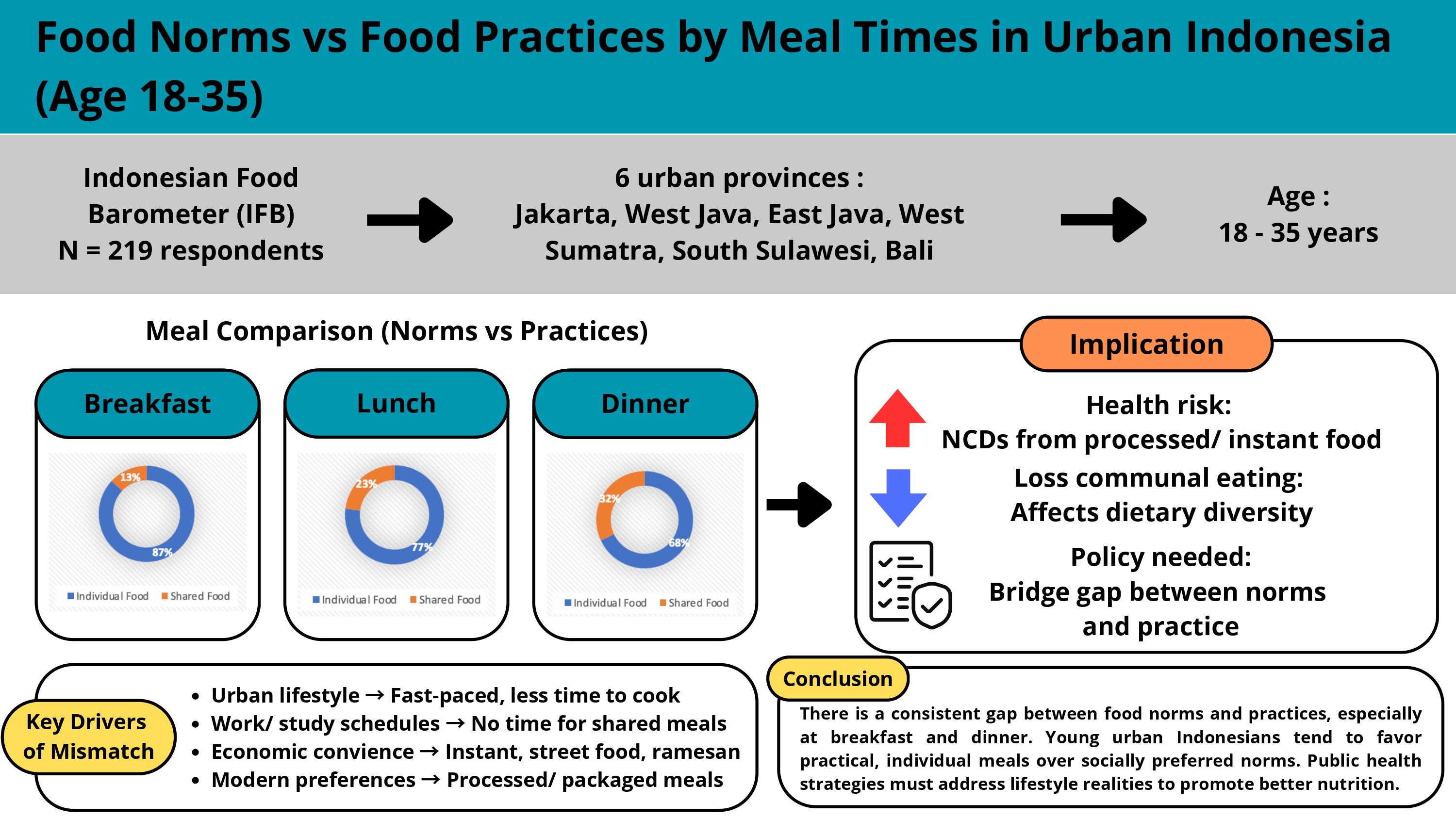Modification of The Headman Role on Increasing Knowledge and Attitudes About Breastfeeding and Complementary Food in A Remote Island
Downloads
One of the health program's priorities is to reduce the incidence of stunting. Interventions currently being carried out focus on the first 1000 days of life. However, they have not been successful due to difficult access, educational, socio-economic and cultural factors, such as on the remote island of Enggano. Therefore, cultural-based intervention is needed with local communities as the perpetrators because it is the social capital of development. This study aims to determine the influence of the role of the traditional Paabuki leader and cadres on knowledge and attitudes about breastfeeding and complementary food in children under two years old on Enggano Island, North Bengkulu Regency, in 2021.This research uses a quasi-experimental research design without a control group. The intervention was in the form of modifying the role of traditional Paabuki leaders and cadres in training. Samples were 40 women with children under two years old selected by purposive sampling. The research results on the role of Paabuki and cadres affected knowledge and attitudes about breastfeeding and complementary food with a p-value = 0.00. However, they did not affect breastfeeding behavior and complementary food with a p-value =1. Parity is the most influential factor in knowledge and attitudes about breastfeeding and complementary feeding (p-value =0.01). The role of Paabuki and cadres can be modified as channel media in providing information and advocacy about breastfeeding and complementary food. Service providers must carry out program innovations based on local culture so that the community more easily accepts them.
Agnes, R.L., Hertanto, W.S, Kartasurya, M.I. (2018). Risk Factors of Stunting among Children Aged 2-5 Years in Ridge And Coastal. J. Gipas, 2(1), 2599-2465. http://jos. unsoed. air conditioning. id/index. php/jgps
Ahmadi A, Moazen M, Mosallaei Z, Moham-madbeigi A, Amin-lari F. (2014). Nutrient Intake and Growth Indices for Children at Kindergartens in Shiraz. Iran. Journal of Pakistan Medicine Association. 64(3), 316-321.
Akombi, BJ, Agho, KE, Hall, JJ, Merom, D., Astell-Burt, T., & Renzaho, AMN. (2017). Stunting and severe stunting among children under-5 years in Nigeria: A multilevel analysis. BMC Pediatrics, 17 (1), 1–16. https://doi.org/10.1186/s12887-016-0770-z
Ali, Z., Saaka, M., Adams, AG, Kamwininaang, SK, & Abizari, AR. (2017). The effect of maternal and child factors on stunting, wasting and underweight among preschool children in Northern Ghana. BMC Nutrition , 3 (1), 1–13. https://doi.org/10.1186/s40795-017-0154-2
Aryastami, NK, Shankar, A., Kusumawardani, N., Besral, B., Jahari, AB, & Achadi, E. (2017). Low birth weight was the most dominant predictor associated with stunting among children aged 12-23 months in Indonesia. BMC Nutrition , 3 (1), 1–6. https://doi.org/10.1186/s40795-017-0130-x
Capanzana, MV, Aguila, DV, Gironella, GMP, & Montecillo, KV. (2018). Nutritional status of children ages 0-5 and 5-10 years old in households headed by fisherfolks in the Philippines. Archives of Public Health , 76 (1), 1–8. https://doi.org/10.1186/s13690-018-0267-3
Department of health. (2018). Main Results of Basic Health Research 2018. Basic Health Research , 1–100.
Derso, T., Tariku, A., Biks, GA, & Wassie, MM. (2017). Stunting, wasting and associated factors among children aged 6-24 months in Dabat health and demographic surveillance system site: A community based cross-sectional study in Ethiopia. BMC Pediatrics , 17 (1), 1–9. https://doi.org/10.1186/s12887-017-0848-2
Haile, D., Azage, M., Mola, T., & Rainey, R. (2016). Exploring spatial variations and factors associated with childhood stunting in Ethiopia: Spatial and multilevel analysis. BMC Pediatrics, 16 (1), 1–14. https://doi.org/10.1186/s12887-016-0587-9
Indonesian Ministry of Health. (2018). Nutritional status monitoring pocket book. Nutritional Status Monitoring Handbook 2017 , 7–11.
Lusiana, I., & Maryanto, S. (2014). The Determinant Factors Associated With The Malnutrition Incidences Of Children 12-59 Months Old At Mulyasari Village Losari Cirebon. Journal Of Nutrition And Health , 6 (11), 39-51.
M'Kaibi, FK, Steyn, NP, Ochola, SA, & Du Plessis, L. (2017). The relationship between agricultural biodiversity, dietary diversity, household food security, and stunting of children in rural Kenya. Food Science and Nutrition , 5 (2), 243–254. https://doi.org/10.1002/fsn3.387
Mutisya, M. et al. (2016) ‘The effect of education on household food security in two informal urban settlements in Kenya: a longitudinal analysis', Food Security, 8(4), pp. 743–756. doi: 10.1007/s12571-016-0589-3.
Rahmawati, FN, Mulyaningsih, T., & Daerobi, A. (2019). The Influence of Household Characteristics, Food Diversity, Environment on the Nutritional Status of Toddlers. Indonesian Public Health Media , 15 (4), 367. https://doi.org/10.30597/mkmi.v15i4.7929
Rathnayake, KM, Madushani, P., & Silva, K. (2012). Use of dietary diversity score as a proxy indicator of nutrient adequacy of rural elderly people in Sri Lanka. BMC Research Notes , 5 , 2–7. https://doi.org/10.1186/1756-0500-5-469
Rayeuk, IDI, Falah, D., Falah, D., Falah, D., Ulim, S., & Falah, D. (2019). STUNTING VILLAGE LOCATION IN 2019 . 1 , 1–14.
Saputri, A., & Rusman, ADP (2022). Socio-Economic Analysis with Stunting Incidence in the Highlands of Parepare City. Scientific Journal of Humans and Health , 5 (1), 503–510.
Singh Sekhon, B. (2014). Nanotechnology in agri-food production: An overview. Nanotechnology, Science and Applications , 7 (2), 31–53. https://doi.org/10.2147/NSA.S39406
Supadmi, S., & Balai. (2013). Unbalanced food consumption patterns are related to malnutrition (stunting) in adolescents in the province of Central Java. Journal of Chemical Information and Modeling , 53 (9), 1689–1699.
Sutrisno, E. (2014). Implementation of Coastal Resource Management Based on Integrated Management of Coastal Areas for Fishermen's Welfare (Study in Fisherman's Village Cangkol, Lemahwungkuk Village, Lemahwungkuk District, Cirebon City) . Journal of Legal Dynamics , 14 (1), 1–12. https://doi.org/10.1158/1078-0432.CCR-06-2072
Wicaksono, F., & Harsanti, T. (2020). Determinants of stunted children in Indonesia: A multilevel analysis at the individual, household, and community levels. Public Health , 15 (1), 48–53. https://doi.org/10.21109/kesmas.v15i1.2771
Wijayanti, R., & Sumarmi, S. (2017). growth of children from mothers who received multi-micronutrient supplements and children from mothers who received iron folate supplements DURING PREGNANCY (Follow-up study in Probolinggo Regency, East Java). The Indonesian Journal of Public Health , 11 (1), 1. https://doi.org/10.20473/ijph.v11i1.2016.1-13
Yuliantini, E., Kamsiah, & Meriwati. (2018). "Fishbean” Biscuits as an Alternative to Local MPASI . 6 (1).

This work is licensed under a Creative Commons Attribution-NonCommercial-ShareAlike 4.0 International License.
- MEDIA GIZI INDONESIA Journal is the copyright owner of all materials published on this website.
- The formal legal provisions for access to digital articles of this electronic journal are subject to the terms of the Creative Commons Attribution-NonCommercial-ShareAlike license (CC BY-NC-SA 4.0), which means that MEDIA GIZI INDONESIA Journal and readers reserve the right to save, transmit media / format, manage in database, maintain, and publish articles as long as it continues to include the name of the Author.
- Printed and published print and electronic manuscripts are open access for educational, research and library purposes. In addition to these objectives, the editorial board shall not be liable for violations of copyright law.


2.png)















